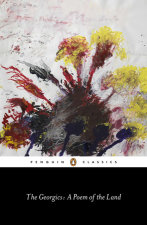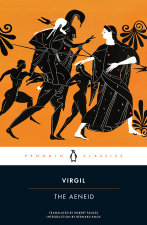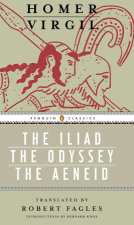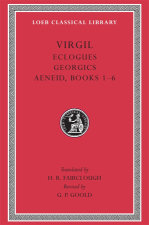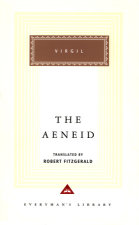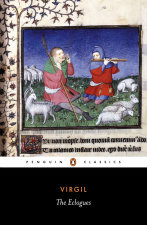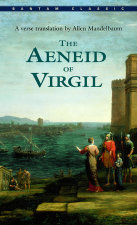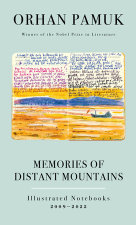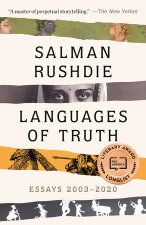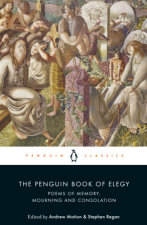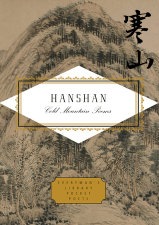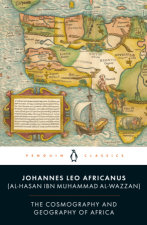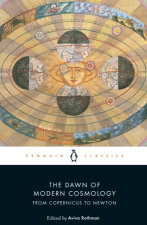The Georgics
A Poem of the Land
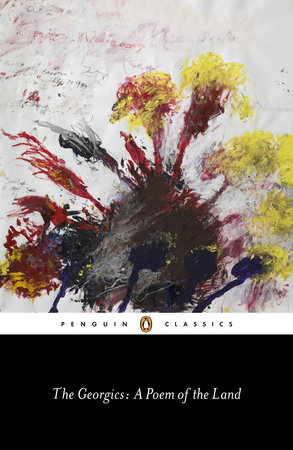
One of the greatest poems of the classical world
Virgil's Georgics is a glorious celebration of the eternal beauty of the natural world, now brought vividly to life in a powerful new translation. "Georgic" means "to work the earth," and this poetic guide to country living combines practical wisdom on tending the land with exuberant fantasy and eulogies to the rhythms of nature. It describes hills strewn with wild berries in 'vine-spread autumn'; recommends watching the stars to determine the right time to plant seeds; and gives guidance on making wine and keeping bees. Yet the Georgics also tells of angry gods, bloody battles and a natural world fraught with danger from storms, pests and plagues. Expansive in its scope, lush…
$20.00
February 22, 2011Virgil (70–19 BCE) is regarded as the greatest Roman poet, known for his epic, The Aeneid (written about 29 BCE, unfinished). Virgil was born on October 15, 70 BCE, in a small village near Mantua in Northern Italy. He attended school at Cremona and Milan, and then went to Rome, where he studied mathematics, medicine and rhetoric, and completed his studies in Naples. Between 42 and 37 BCE. Virgil composed pastoral poems known as Ecologues, and spent years on the Georgics. At the urging of Augustus Caesar, Virgil began to write The Aeneid, a poem of the glory of Rome under Caesar's rule. Virgil devoted the remaining time of his life, from 30 to 19 BCE, to the composition of The Aeneid, the national epic of Rome and…




